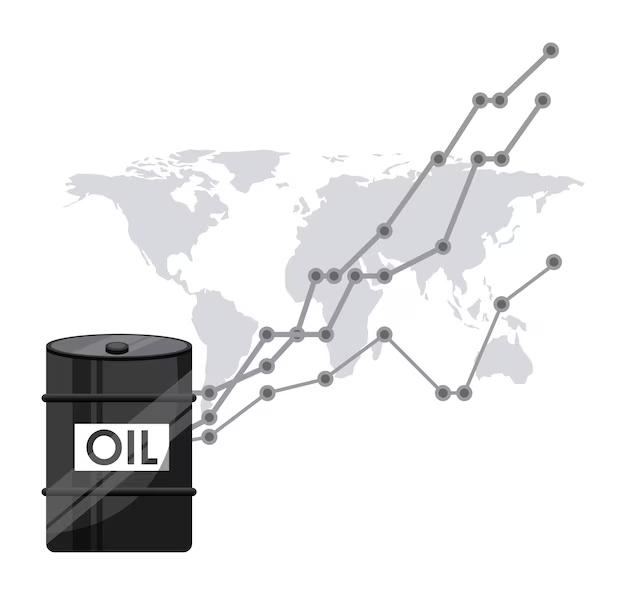Oil prices continued to shift sharply due to escalating tensions between Iran and Israel. The global market felt the pressure after renewed strikes heightened fears of wider regional conflict. The Iran conflict fears triggered volatility in crude prices and concerns about major supply disruptions.
Brent crude rose by 64 cents, reaching $74.87 per barrel in early trade. At the same time, West Texas Intermediate gained 76 cents and reached $73.74 per barrel. Both benchmarks jumped more than $4 per barrel earlier in the session. However, prices also briefly dropped before stabilizing. Oil prices rose by over 7% last Friday, hitting their highest levels since early this year.
Strikes from Iran hit Tel Aviv and Haifa, causing damage to homes and raising alarm across global capitals. World leaders attending a G7 meeting expressed growing concerns about the escalating situation. The attacks followed deadly airstrikes from both sides on the weekend. Each country called on civilians to take precautions against further attacks.
As violence grows, the risk to oil trade becomes more serious. Many fear that fighting could affect the Strait of Hormuz, a vital global oil route. Every day, around 18 to 19 million barrels of oil pass through this narrow waterway. That amount equals roughly one-fifth of the world’s oil supply. Any disruption could drive prices up and destabilize energy markets worldwide.
Analysts pointed out that the Iran conflict fears continue to fuel market reactions. Traders bought heavily amid ongoing uncertainty. However, some selling happened as concerns rose about possible overreaction in the market. Although Israel targeted Iranian energy sites, oil production has not yet halted. Still, further strikes could affect Iran’s oil operations.
Iran produces around 3.3 million barrels per day and exports more than 2 million. If exports stop, China—the main buyer—would need other sources. These could include other Middle Eastern countries or Russia. That shift could raise shipping costs and insurance premiums. It might also reduce refining profits, especially in Asia, where many Chinese refineries operate.
OPEC and its allies hold some spare capacity to replace Iran’s supply, but only slightly. Even a short-term gap may cause global shortages. Rising freight costs and tighter margins could affect oil buyers around the world.
While some world leaders call for peace, Iran refuses to discuss a ceasefire during Israeli attacks. The Iran conflict fears remain high as no resolution appears likely soon.


